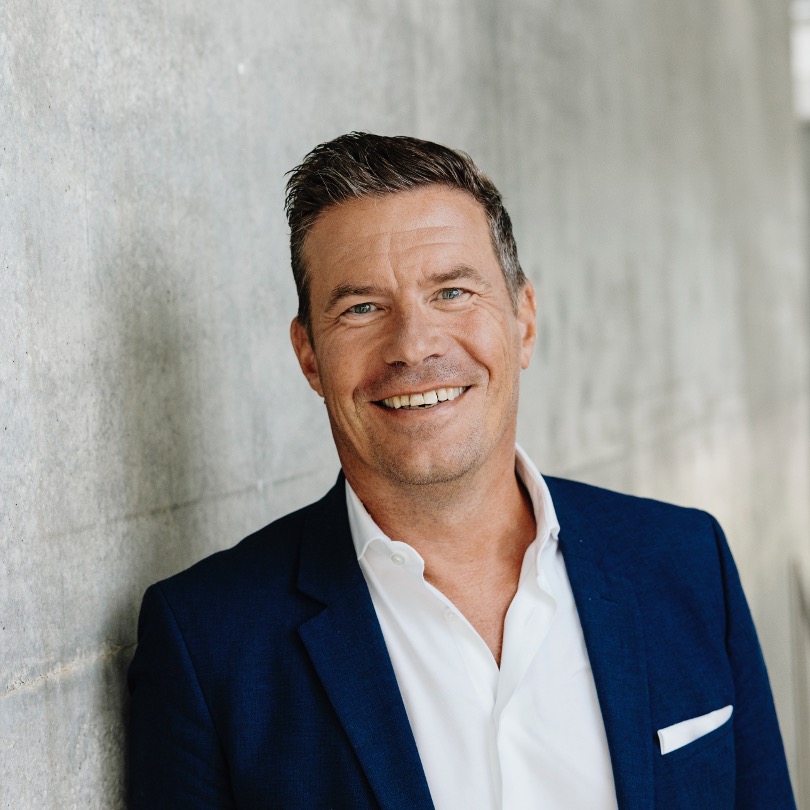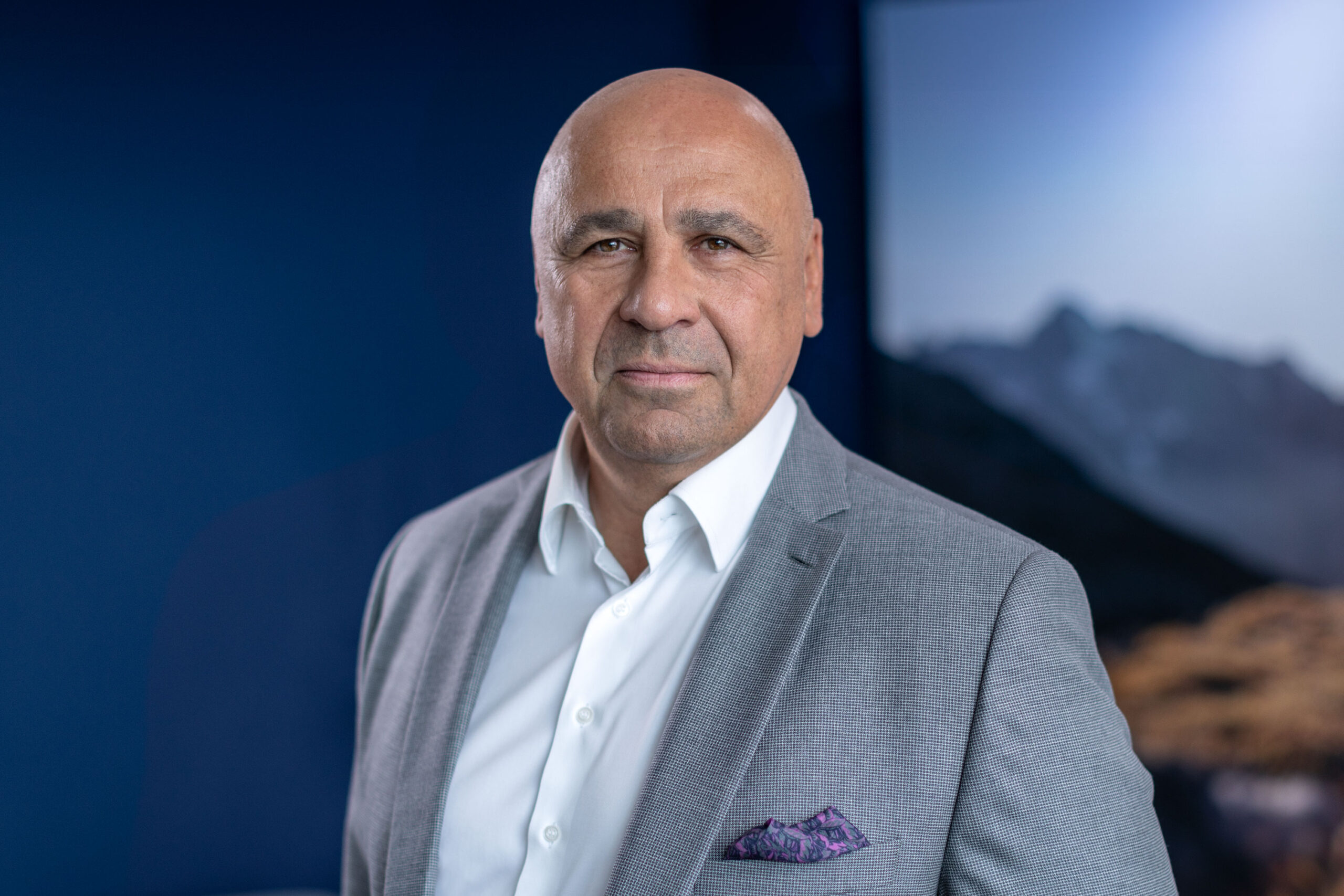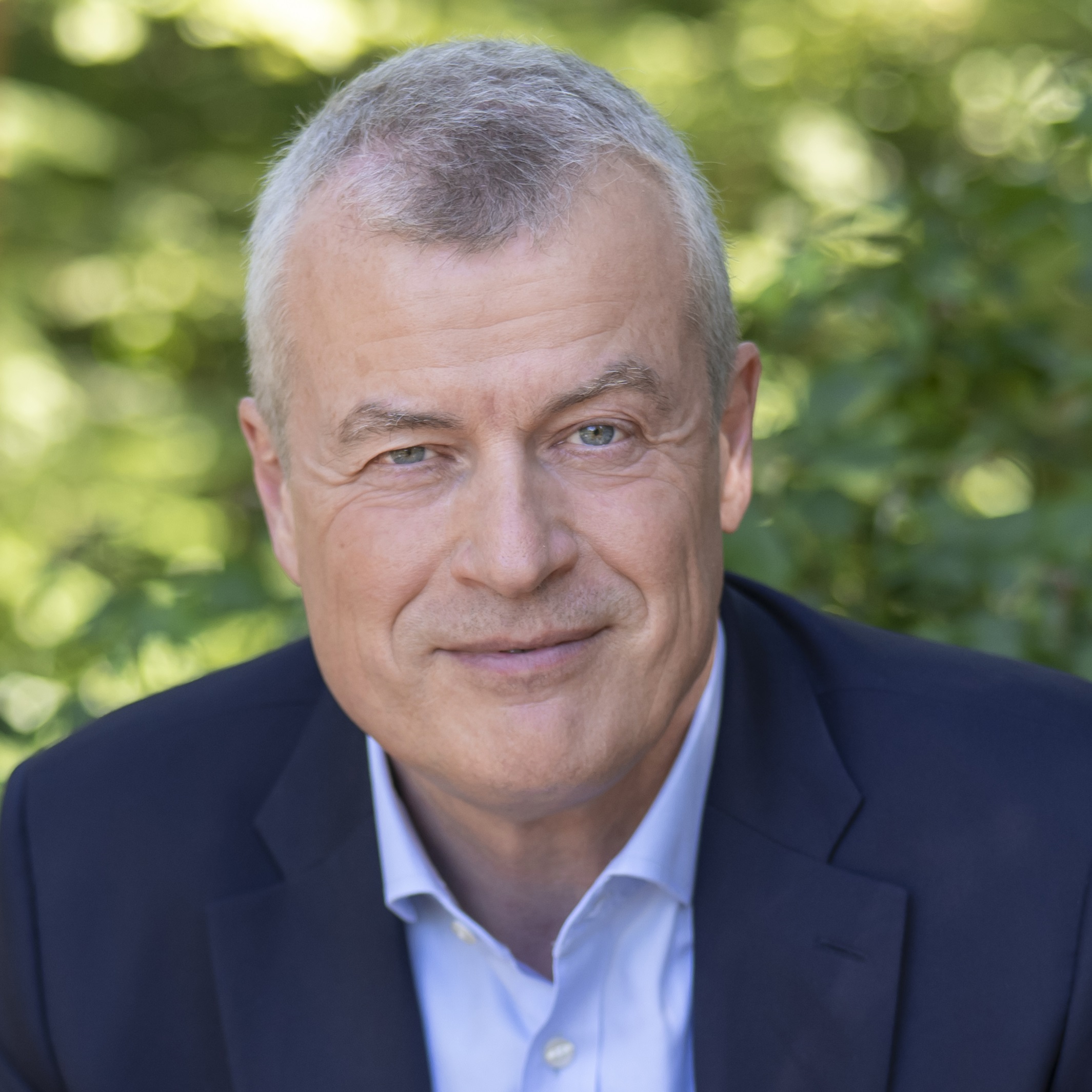 Christoph M. Pachler is the Executive Vice President and Chief Financial Officer for Playboy Enterprises. Pachler joined Playboy in 2010 and is responsible for the company’s strategic planning, corporate and business development and financial operations. Prior to Playboy, Pachler worked at Sony Pictures Entertainment, where he served as the studio’s CFO of the International Television Division, and Senior Vice President of Strategy and Operations. He earned a Masters degree from the University of Amsterdam and an MBA from the University of Business and Economics Vienna.
Christoph M. Pachler is the Executive Vice President and Chief Financial Officer for Playboy Enterprises. Pachler joined Playboy in 2010 and is responsible for the company’s strategic planning, corporate and business development and financial operations. Prior to Playboy, Pachler worked at Sony Pictures Entertainment, where he served as the studio’s CFO of the International Television Division, and Senior Vice President of Strategy and Operations. He earned a Masters degree from the University of Amsterdam and an MBA from the University of Business and Economics Vienna.
SGBR: Playboy Enterprises’ financial situation has improved dramatically since you joined the firm in 2010. Annual losses have been cut from $12m in 2009 to approximately $3m today and online readership is up fourfold. What steps led to this success and how will you continue to restore profitability to this iconic brand?
Pachler: We had a number of initiatives that resulted in our improved financial performance. On of my first priorities after joining was to adjust the expense base of the company by streamlining operations, eliminating unnecessary layers of management bureaucracy, and consolidating multiple locations in a main headquarters in Beverly Hills. This drive for greater efficiency was greatly helped by us taking the company private. Playboy Enterprises, Inc. had been a publicly traded entity since the 1970s, and in 2011 we decided that the future of the corporation was better managed in a privately owned setting. In addition to right-sizing the organization, we identified areas where we could achieve rapid and meaningful revenue growth. In Playboy’s case, this was mainly an enhanced focus on the products licensing business, particularly in China, where the brand is incredibly strong.
On October 13th Playboy Enterprises announced that it will be banning full nudity from Playboy Magazine. What inspired the move and what is the strategic rationale behind the decision?
Playboy is a lifestyle brand for young men, and has unaided global awareness of 97%, which rivals Nike or Coca-Cola. Therefore, the Playboy brand is so much bigger than just pictures of nude women. Nudity was part of the content mix that created audience engagement from the 1950s to the 1970s. By now, times have changed, and all forms of nudity are readily available online. For Playboy, nudity has outlived its usefulness and is just passé. Don’t get me wrong, we will always have beautiful, sexy women associated with brand, but they don’t have to be nude to be part of the Playboy lifestyle experience.
Mr Donald Trump, featured on the cover of a 1990 Playboy Magazine edition, claiming he had been approached for another article in the magazine, stated in a recent radio interview “Maybe I’ll pass. (…) It’s not the same Playboy. In those days that was the hottest thing you can do”. How do you rejuvenate and transform one of the most iconic American brands, without it losing its identity?
Hefner created a very strong foundation for what it means to be a hip, urban, young man when he started Playboy in 1953. Many of the changes we are now implementing are really a rediscovery of the basics from 1953. And we have found that young millennial men find that original vision of Hefner very attractive. That’s why the traffic to our website has quadrupled since we introduced the new creative direction, and we have high expectation for the new magazine format. Our business partners also agree, and we are now doing business with advertising partners who have not been associated with Playboy for decades.
If the revealing pictures are optional, what is the core of Playboy’s identity in 2015?
As I said, it is about a cool, urban lifestyle for young millennial men. It will be compelling content, distributed across all platforms, with a huge focus on digital platforms. The content will of course include pictures and videos of beautiful women (they just won’t be completely nude), but also interact with the most interesting minds of our time in the legendary Playboy interview, deal with the big topics of time as they relate to young men, and will be a ton of fun.
How has the magazine’s target audience changed throughout the decades? Who is the typical Playboy Magazine reader in 2015?
We look at our audience across all platforms, and the trends for a while now have been clearly moving towards social media and digital platforms. The magazine is an important aspect of our content mix, but not the only one, or even the main audience driver. We operate where our young, millennial audience interacts with content, and that is increasingly less print, and more and more digital.
Following his appointment as CEO, Scott Flanders’ strategy for Playboy Enterprises was to transform it into a brand management company. At which stage are you in this transformation process? How will Playboy Enterprises – the brand management company – go about continuously reinvigorating the Playboy brand?
Playboy is one of the few brands that is being monetized in multiple ways. In addition to advertising and subscription revenues from our Media business, we generate significant and very high-margin royalty revenue from licensing the Playboy brand globally. We operate an apparel licensing business in China that exceeds almost all of our competitors.
What position will the magazine take in this new model? What will Playboy’s main revenue drivers be in 2016 and beyond?
The magazine will play an important role in our multi-platform content mix. The main revenues will be advertising and subscription from our Media business, and licensing royalties from our Merchandising business.
This interview was conducted by Diandra Bogdan on behalf of the St.Gallen Business Review. Originally published 17. February 2016.











